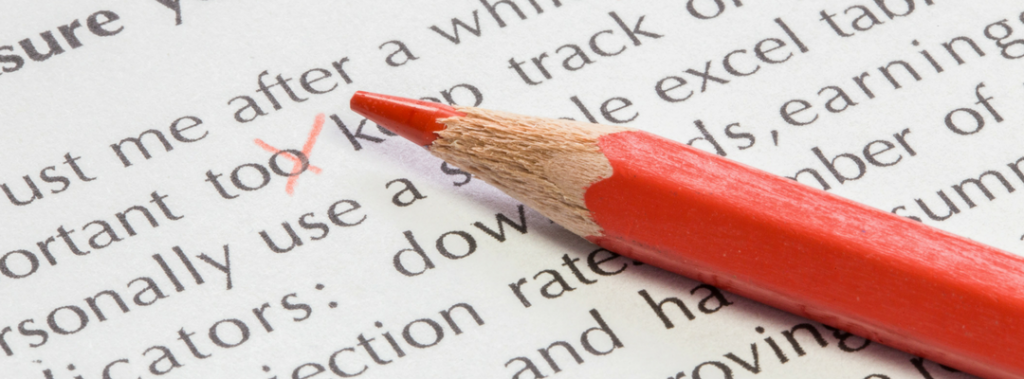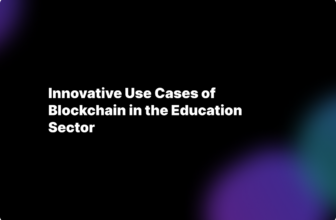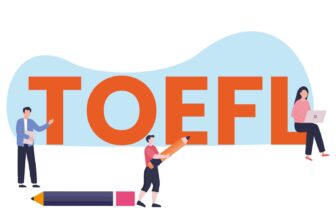
Writing a dissertation is no easy feat, and proofreading one is even tougher! It’s a small miracle that hundreds of new dissertations are submitted every year at universities across the globe.
Naturally, both native English speakers and international students have to go through the drudgery of editing and proofreading their dissertation. But why is this necessary? After all, isn’t the content of your research more important than minor things like grammar and formatting?
If only it was that easy!
Table of Contents
The importance of dissertation proofreading

Source: turnerproofreading.com
You spend months working on your thesis, but it’s a lot of work for one person to do. That’s why many college students don’t have the time—or just forget —to add the important finishing touches such as citations or spelling check.
But ‘minor errors’ like this impact how the reader thinks about your dissertation. If you can’t take the effort to be thorough with the presentation of your research, why should anyone take the effort to read it? Fair point, isn’t it?
Editing and proofreading your dissertation reflects that you take your work seriously. Of course, it also helps to score a few more points than usual. If you’re angry about professors deducting your points for grammar errors, you’re not alone!
College students all over the world fail to proofread their dissertations, and college students all over the world are annoyed when their professors grade them less for it. But why does this happen? Is your presentation more important than your research?
Why academic proofreading is essential
Academic writing is meant to be easily readable for anyone in the world. So, there are a few rules that all college students must follow while writing academic papers or theses. These rules create a standard of scientific writing that everyone in the world can follow.
In this way, proofreading your dissertation makes it accessible to anyone from the scientific community.
Checks performed under dissertation proofreading
When a scientific proofreader works on your dissertation, there are several aspects they take care of. This includes language corrections such as spelling, punctuation, and grammar, as well as checks for formatting and citations.
Let’s take a closer look at these processes.
Formatting check

Source: cranfield.ac.uk
Most journals and publications in various fields of research have an established format for dissertations. This format decides everything from the structure of your dissertation to the arrangement of tables and citations in it. Your professors will insist that you stick to the format, and you should.
However, we all know that MS Word can be diabolical. It refuses to insert table headings or align bulleted points the way you want it. Inevitably, something or the other gets forgotten or misplaced and a formatting error props up in your thesis.
If you recruit your friends to help out in proofreading your dissertation, they might miss some of these mistakes. But an expert proofreader is trained to point out errors like this, and academic editing pays special attention to formatting.
Citations check

Source: copyleaks.com
Citations are your way to credit the researchers whose information you’ve used. If you fail to properly cite your sources, your dissertation can be considered a work of plagiarism! Sounds scary, but an academic proofreader can help you out by ensuring that you’ve cited all your sources properly.
This includes a thorough check for your in-text citations and reference list for proper placement and formatting. It is the proofreader’s job to ensure that your citations are formatted according to the style guide you’re following, whether it’s APA, MLA, Chicago, or others.
Of the many aspects of dissertation writing that form a college student’s nightmares, citations are one of the scariest. So it’s best to rely on a scientific proofreading service to review them, while you sleep soundly, for a change!
Proofreading for typos

Source: craftyourcontent.com
Writing a dissertation will require you to give up anything that is joyful in life—hanging out with friends, eating three meals a day, you know the drill. Instead, you’ll be spending long hours in front of a screen, powered by nothing but coffee and will power.
During these arduous sessions and sleepless nights, you may end up making silly typing mistakes! In case of technical terms or homophones, these mistakes can slip past the spell checks of MS Word and Google Docs.
Sometimes, a homophone might get the better of your friends too, “effecting” the meaning of entire paragraphs. While bots and humans alike may fail to spot these typos, academic editors at PaperTrue take great joy in finding microscopic errors like this (read more).
Grammar and language check

Source: lingoda.com
Language in dissertation has to not only be grammatically correct but also feature words well-suited to academic writing. Proper grammar is the bare minimum, but the right use of technical language will add that extra polish to your dissertation.
Remember all those words that make published dissertations sound really intense? Yeah, you should think about using them in yours. If nothing else, they make your arguments sound great (or, you might say, add intrinsic value to the substance of your research), right?
Jokes aside, using technical terms is a game of balance. You want to use the right ones to establish yourself as an expert in the field, but you don’t want to go overboard with it. Worst of all, you don’t want to use complicated terminology in the wrong manner!
So, it is best to have an editor go through your document and provide helpful suggestions and alternatives in their kindly comment bubbles. After all, this is where their expertise is for!
Checking for consistency

Source: recablog.com
When you’re finally done writing your dissertation, you’ve probably read the whole thing enough times to know every word and line under every sub-section. There is still a chance, though, that you may have wandered off-topic in some parts or accidentally mixed your UK/US spelling variations in a section you wrote at 3 a.m. on your tablet in the library.
A dissertation is a fairly long piece of work, and consistency is key. You can’t afford to mess up important data points or even grammatical tenses in your writing. So, an academic proofreader helps you maintain consistency across various parts and aspects of your dissertation.
Who can proofread for college students?
A good proofreader will help you exorcize all the ghastly errors that should never be unleashed into the world of academia. Together with them, you can make your dissertation a truly commendable piece of academic work. But must you hire a proofreader?
Well, it depends. You can proofread your dissertation yourself and ask a few friends to do the same. But as we pointed out in the case of formatting and citations, some mistakes can be spotted by a professional proofreader alone.







